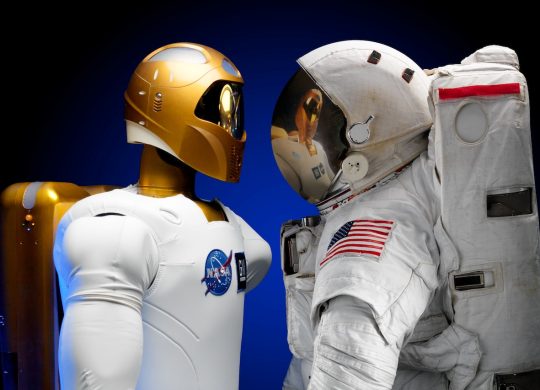Introduction
Artificial intelligence has revolutionized content creation, but it has also raised important ethical considerations. As AI-generated content becomes more prevalent, we must navigate the boundaries and address the ethical implications it poses. In this article, we delve into the ethical aspects surrounding AI-generated content and explore the key considerations that businesses and content creators should be mindful of.
Transparency and Disclosure
Transparency is paramount when using AI-generated content. Content creators have a responsibility to disclose when AI has been involved in content creation. This includes clear identification and attribution of AI-generated content. Transparency helps maintain trust with readers and ensures that they can make informed decisions about the authenticity and reliability of the content they consume.
Accountability and Bias
AI algorithms learn from existing data, which can introduce biases. Content creators must be aware of this and actively mitigate bias in AI-generated content. Regularly reviewing and adjusting AI models to address bias concerns is essential. Accountability lies in recognizing the potential impact of AI-generated content on social and cultural narratives and taking steps to ensure fairness, diversity, and accuracy.
Protecting Intellectual Property
AI-generated content may inadvertently infringe on intellectual property rights. It is crucial for content creators to understand and respect copyright laws and intellectual property protections. Businesses must ensure that AI models do not generate content that violates copyright or plagiarizes existing works. Implementing robust measures to protect intellectual property safeguards original creators and fosters a culture of respect for creative rights.
Human Oversight and Ethical Guidelines
Human oversight is vital in AI-generated content creation. Human experts should review and approve the output generated by AI models to ensure quality, accuracy, and adherence to ethical standards. Establishing clear ethical guidelines for content creation can help guide AI models’ behavior and prevent the dissemination of harmful or misleading information.
Conclusion
The rise of AI-generated content necessitates a thoughtful approach to ethics. Transparency, accountability, protection of intellectual property, and human oversight are crucial factors to consider. By navigating the boundaries of AI-generated content ethically, businesses and content creators can uphold authenticity, foster trust, and create a positive impact on the digital landscape.




